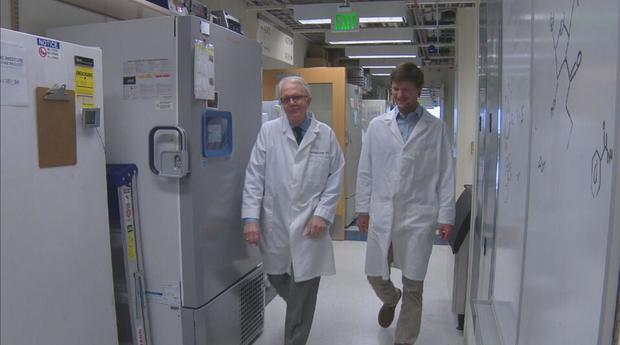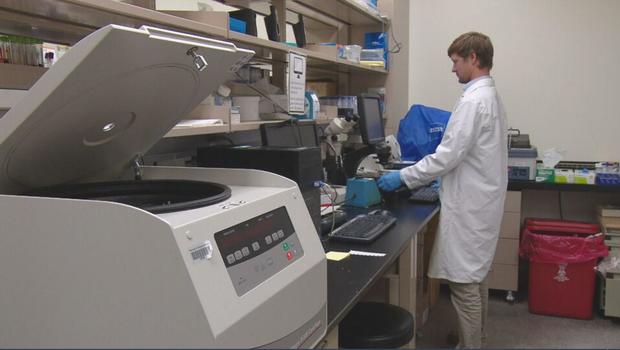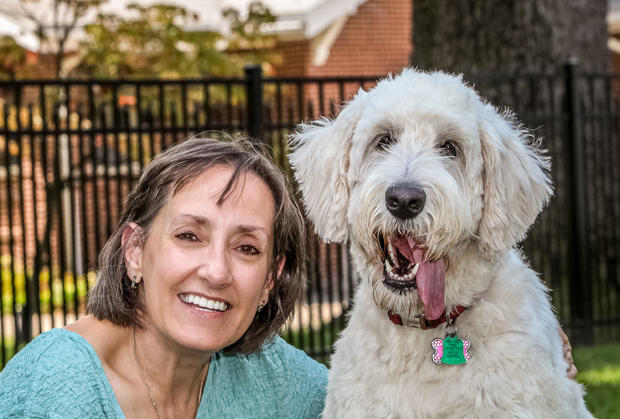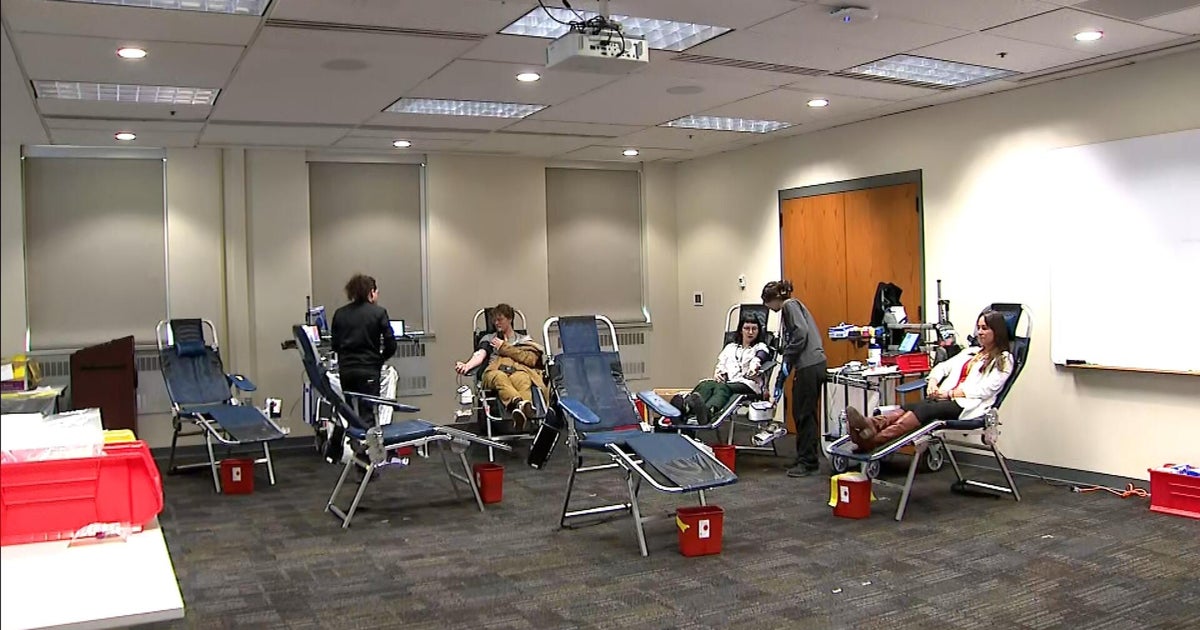CU Anschutz researchers identify drugs that curb Alzheimer's symptoms
New research at the CU Anschutz Medical Campus finds two FDA-approved drugs improve cognition in patients with Alzheimer's disease. The surprising findings came after scientists screened hundreds of drugs to see which blocked formation of the amyloid plaques in the brain that lead to Alzheimer's.
Dr. Noah Johnson and Dr. Huntington Potter are trying to get to the root of what causes Alzheimer's disease. They've confirmed that the main function of the protein known as APOE4 is that it promotes the formation of amyloid plaques.
So they screened nearly 600 drugs to find those that block the effect of APOE4. Then they reviewed patient histories via the National Alzheimer's Coordinating Center (NACC) to find what happened when people prescribed the drugs - happened to be Alzheimer's patients.
"What we found is that if they took either Imipramine or Olanzapine - two of the main drugs that we found - their memory improved and their diagnosis of Alzheimer's Disease was also improved. So they got better," said Dr. Potter who is director of the CU Alzheimer's and Cognition Center.
Patient families are watching the CU research with interest. Jill Lorentz said, "If we don't have to watch another family go through this, it would be wonderful."
Jill Lorentz's sister Judy is the ninth person in her family to develop a type of dementia disease. Jill's a champion of the work underway at CU under the leadership of Dr. Potter. "I have held fundraisers, I have tried everything to bring awareness to what we're doing here in Denver so I am beyond excited."
Now CU will seek to do a clinical trial of the two drugs. Alzheimer's affects more than 5.5 million people in the U.S., at a cost of $200 billion a year.
Dr. Potter added, "Because these are FDA approved drugs that we found that seem to help people with Alzheimer's disease, the opportunity to immediately introduce them into patients in a clinical trial can occur right here at the Anschutz Medical Campus."
Jill Lorentz hosts a podcast on dementia and says promising treatments can't come soon enough for her sister Judy.
"I want them to find something before it's too late for her. We've always said, we're not going to find a cure in our lifetime - but it will be for the next generation. Why not our generation?"
The CU Anschutz research was published today in the journal Alzheimer's Research and Therapy.










